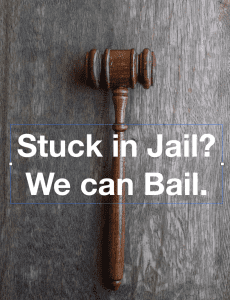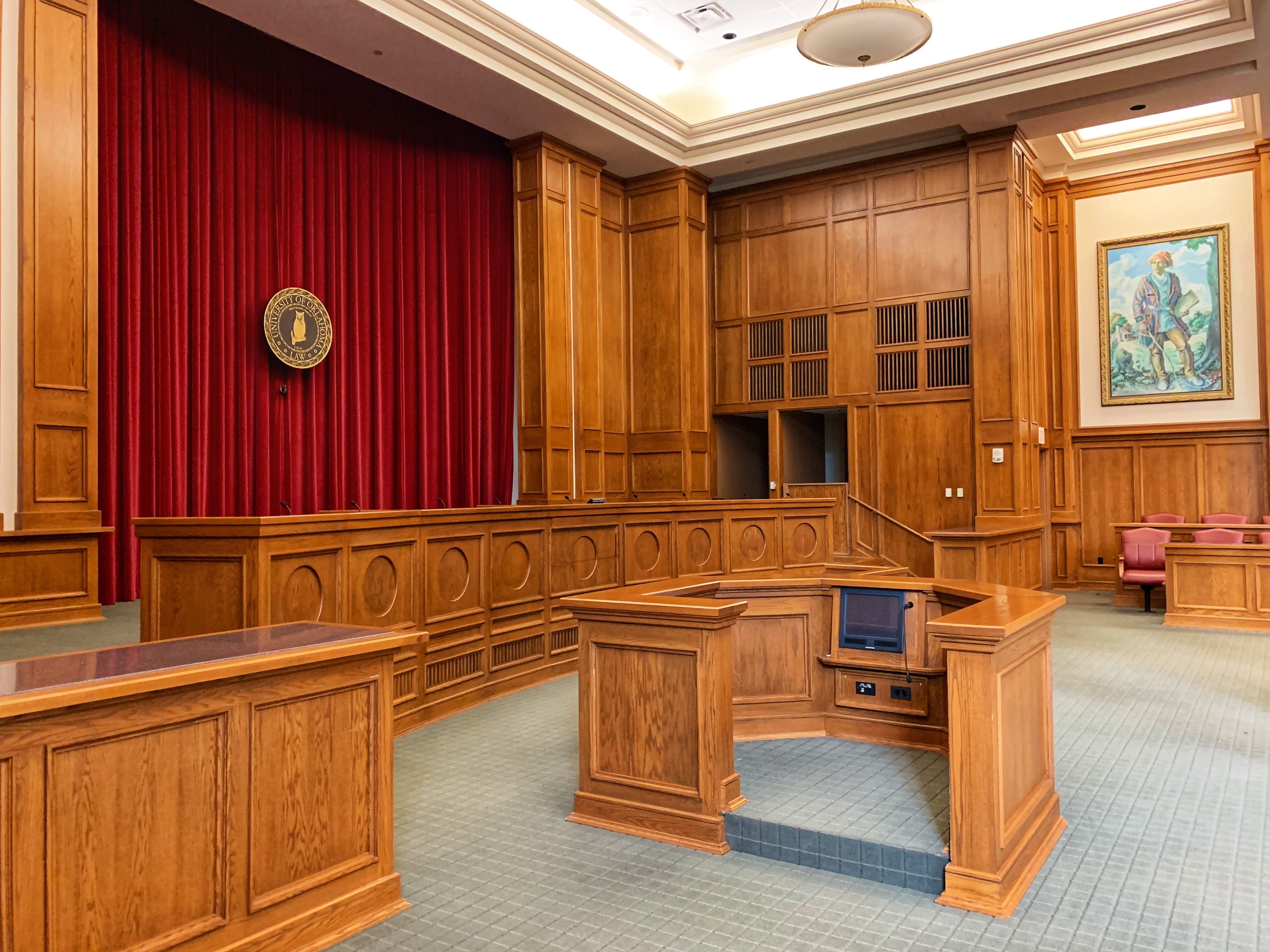A magistrate judge will decide whether or not to grant you bail and the amount of money you will have to pay for bail.
Magistrate court is the lowest level of the judicial system. It is used for a few different legal actions; small claims are often settled in this court. It is also where a property owner will go before a magistrate judge when they want to evict a tenant. It is also where a person will make their first appearance in court when charged with a crime.
If you have been arrested on a warrant, turned yourself in, or if a grand jury has indicted you, you will go before a magistrate within 24 hours. You and your attorney will make your first plea in magistrate court. A magistrate judge will decide whether or not to grant you bail and the amount of money you will have to pay for bail.
How does a person become a Magistrate Judge?
An attorney can become a magistrate judge after practicing law for a few years. They have less power than other judges, and they often do not work full time. They are required to take continuing education classes to keep apprised of changes to the law.
Entering a Plea
When you first appear before a magistrate judge, they should advise you of your right to remain silent and your right to an attorney, just as an arresting officer must do. They will then ask you how you plead.
It is a good idea to talk to an attorney before you enter a plea. They will be able to advise you of your chances of winning your case. They can also tell you what kind of sentence you might receive for a crime if you are convicted.
Release Condition
After you have entered your plea, the judge will set your release conditions. Bail will be set at this stage. The judge may decide not to set bail if you have a history of missing court dates, if you are a flight risk, or if you are accused of a serious crime.

According to Kirsch & Kirsch, LLC, Your attorney can advocate for you to get bail and to have it set at a reasonable amount. They will be able to reference laws and similar cases in which bail has been granted and set for a certain amount.
Setting a Hearing
When a person is charged with a misdemeanor, the magistrate judge will set a date for a pre-trial conference. If the defendant is charged with a felony, the judge will set a date for a preliminary hearing.
What happens during a preliminary hearing?
When you plead not guilty, a preliminary hearing will be set. The hearing will give the state prosecutor the opportunity to present the court with the evidence they have. The judge will hear witnesses for the prosecution at this stage.
The law requires that a preliminary hearing be held within 21 days after a defendant’s initial appearance. If the person was held in jail, they must have a hearing within 14 days of that appearance.
Some of the evidence that they present in a preliminary hearing may not be allowed in court. Your attorney can not object to evidence used at a preliminary hearing the way that they would be able to do at a trial.
The pre-trial judge will review the evidence and decide whether or not there is probable cause for a crime. If they decide that there is probable cause, your case will go to trial. If probable cause cannot be established, the case will be dismissed.


Join the conversation!